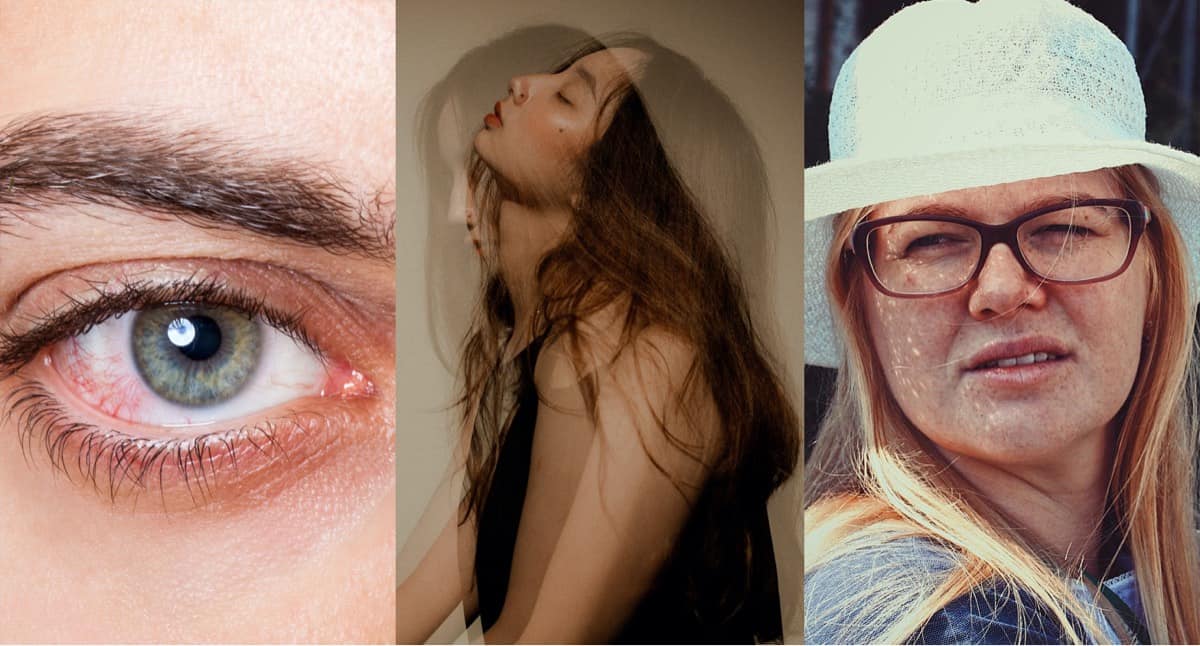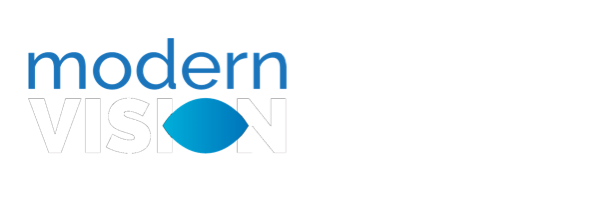Alcohol & Your Eyes
Published by on May 14, 2019
From after-work happy hour to game day tailgates and boozy brunches, there is almost always an opportunity to treat yourself to a drink or two, but like everything in life, alcohol is best in moderation. We all know the long-term effects that excessive drinking can have on our bodies, but how does it affect our eyes?
How Your Eyesight Is Affected Short-Term
In addition to the lowered inhibitions, dulled perception, and slowed cognitive skills that drinking brings on temporarily, you may also experience some visual alterations while intoxicated.
- Red or bloodshot eyes while drinking are due to dehydration or changes in blood pressure, which widen the blood vessels and cause dry eyes.
- Blurry or double vision is an effect of binge drinking or excessive alcohol consumption. This is due to the slowed communication between the brain and the eyes.
- Extreme sensitivity to light due to migraines that come on from fluctuations in blood flow to the brain, often triggered by alcohol.

Treating yourself to a glass of pinot with your pasta or a cold craft beer during a football game will not cause any strain or long-term issues for your vision.
The Long-Term Vision Damage
Alcoholism and consistent, excessive alcohol consumption can take a toll on your body both internally and externally, especially with your eyes.
- Decreased vision due to a vitamin deficiency that comes from heavy drinking. Alcohol disrupts the absorption of vitamins into the liver, which plays an important part in healthy eyesight.
- Higher risk of age-related macular degeneration, an acquired eye disorder and a leading cause of legal blindness in people over age 60. The chances of developing this disorder are significantly higher with consistent alcohol consumption, smoking tobacco, or a poor diet.
- Increased cataract formation in patients who drink heavier than those with lower alcohol consumption levels, studies from the American Optometric Association have shown.
Drinking in moderation and maintaining a healthy diet will aid in preventing these long-term issues that can be accelerated by drinking alcohol. Enjoy your favorite drinks in moderation, never on an empty stomach, stay hydrated, and be wary of drinking amounts that could potentially harm you or others.

Give Yourself Less to Worry About
Wherever the night (or day!) takes you – having a drink or not – sleeping with your contacts in or improperly handling them could put you at high risk for eye infections. LASIK reduces the chance of acquiring those potential infections and erases the daily hassle of contacts and glasses.
If you have questions about transforming your life and simplifying your daily routine, or about any of the laser vision correction services we provide, please contact us.

Lance Kugler, MD, is a specialist in LASIK and vision correction surgery and CEO of Kugler Vision. A proud Omaha native, he is passionate about improving lives through clear vision. Dr. Kugler serves on several national boards, and his practice is recognized internationally as a center of excellence. Dr. Kugler is one of the original founders of the Refractive Surgery Alliance, an international organization comprised of over 350 of the world’s leading vision correction surgeons; he also served as its first president. In 2019, Dr. Kugler was selected as a TEDx speaker, and delivered a talk in Omaha about the worldwide epidemic of nearsightedness and refractive solutions. Dr. Kugler is an Associate Professor of Refractive Surgery at the University of Nebraska Medical Center’s Truhlsen Eye Institute, has been published in many medical journals, and participates in numerous clinical studies to advance the field of vision correction surgery. Additionally, Dr. Kugler is proud to be a Board Certified Fellow of the World College of Refractive Surgery & Visual Sciences. Dr. Kugler and his wife are proud parents to five active kids. When he has a spare moment, he enjoys skiing, tennis, travel, and fine coffee.




Implanting lenses so that I can see far away is that going to mess up my close-up vision which is good because I can’t handle contacts in one eye for far vision and the other eye for close vision makes me very nauseous
Hi Michelle! It sounds like you may be referring to Refractive Lens Exchange (RLE). Implanting a technologically advanced, biocompatible multifocal lense allows the eye to see clearly at near, intermediate, and far distances. As with any procedure though, it’s important to have a thorough evaluation and consultation to determine the right procedure, and if doing a lens replacement, to determine the right lens for your eye. Thanks for reading and if you have any other questions just let us know!